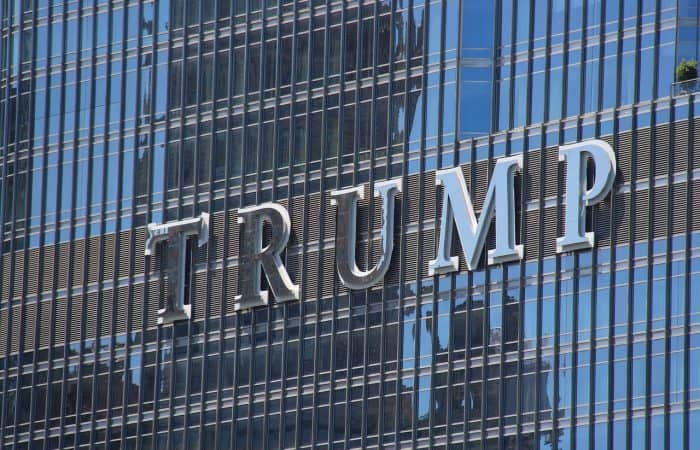With the 11th package of sanctions, the EU has again imposed additional restrictive measures against Russia. An important part of this package are the additional measures taken to prevent sanctions from being circumvented by imports through other countries. These measures have a significant impact on imports of iron and steel products processed in third countries. Specifically, they concern the iron and steel products listed in Annex XVII of the amended Regulation (EC) No. 833/2014. From 30 September 2023, importers must hold a Mill Test Certificate (MTC).
From 30 September 2023, when importing products, which have been processed in a third country, using iron and steel products of Annex XVII, other than those of the CN codes 7207 11, 7207 12 10 and 7224 90, an importer will have to prove that products used in such processing did not originate in Russia. If the products used in the processing are of Russian origin, the import of the products into the EU is prohibited.
The ban on import of iron and steel products of Annex XVII processed in third countries, with inputs of goods of the CN code 7207 11 originating in Russia, will apply as from 1 April 1 2024. The ban on import of iron and steel products of Annex XVII processed in third countries, with input of goods of the CN codes 7207 12 10 and 7224 90 originating in Russia, will apply as from 1 October 2024.
Proof of origin
Proof that no inputs originating in Russia were used in processing in the third country shall be provided by the submission of one or more Mill Test Certificates (MTC), which must contain the following information:
For semi-finished products:
- Name of facility where production took place
- Name of the country corresponding to the heat number (country of the ladle of melting)
- Classification at subheading level of the product (six-digit code CN code)
For finished products:
- Name of the country and the name of the facility corresponding to the heat number (country of the ladle of melting)
- Classification at subheading level of the product (six-digit code CN code)
- Name of the country and name of the facility where the following processing or operations are performed, as relevant:
- Hot-rolling
- Cold-rolling
- Hot-dipped metallic coating
- Electrolytic metal coating
- Organic coating
- Welding
- Piercing/Extruding
- Drawing/Pilgering
- ERW/SAW/HFI/Laser welding
The importer is responsible for the information in the Mill Test Certificates submitted to the customs authorities. It should be noted that just a Certificate of Origin is insufficient for this purpose.
Example 1: reservoirs (e.g. of CN code 7309) are imported from India for production in the Netherlands. In this case, the importer of these reservoirs must prove that these materials, listed in Annex XVII, do not originate in Russia.
This strengthened measure does not apply to iron and steel inputs not covered by Annex XVII. Furthermore, the Frequently Asked Questions (‘FAQ’) state that for products listed in Annex XVII, the third country where they were processed before their importation into the Union, is not relevant. In all cases, it must merely be shown that they do not contain iron and steel inputs listed in Annex XVII, originating in Russia.
Example 2: a product originating in Russia that is not a good listed in Annex XVII when it leaves Russia, is subsequently processed in a third country in such a way, that it becomes a good listed in Annex XVII. The importation of this product into the Union is not prohibited: the product now entering the Union contains inputs of Russian origin not included in Annex XVII.
According to information provided by Dutch customs, also other documents than the MTC can be used as proof, for example a declaration from the manufacturer that no semi-finished Russian products have been used. This declaration must also mention the above-mentioned information. The customs authorities in other EU Member States can take a different view on the above-mentioned proof of origin.
Customs declaration
If the imported iron and steel products do not contain Russian steel products, code Y824 should be entered in box 44 of the customs declaration. If the products do contain Russian steel products, importation is prohibited.
Please note the customs authorities will monitor compliance with these prohibitions, which can result in longer waiting times, physical verifications and blocked containers upon import. It is important to implement corresponding procedures/agreements with your EU customs agent(s).
More information
Should you have any questions regarding the content of this article, please feel free to reach out to our sanctions and export control lawyers:




